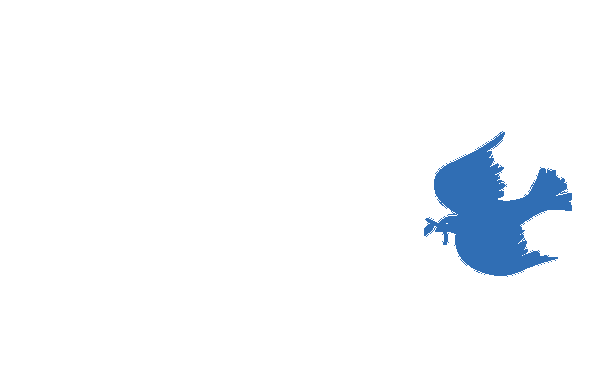Chanukah is a holiday that is celebrated with joy. We light candles, sing songs, eat food that is chock full of oil and yes, open plenty of presents. It is a holiday that our children look forward to each and every year
But this year, I find myself distanced from Chanukah’s joyful contemporary observance. I am instead connected to the holiday’s unsettling historical roots. Chanukah comes from a time in which Jews feared for their very own survival, a time in which the Syrian Greeks threatened the Jewish community and denied them religious freedom. The Maccabean revolt was one in which Jews sought to protect themselves and their future. While the end of the revolt delivered miracles and joy, the war itself was fought out of a familiar uncertainty.
As Chanukah begins, our Jewish community certainly feels uncertain.
Today, we are asking ourselves how the presidents of Harvard University and the University of Pennsylvania could not say yes when they were asked by a member of Congress if the calling for the genocide of Jews violates their respective school’s code of conduct on bullying and harassment? We are asking ourselves how they could respond to this question by stating that it depended on context? We are asking how a university president could say that calling for genocide is permitted as long as there is no actual real conduct of genocide.
My own father is a graduate of Harvard University and my brother is a graduate of the University of Pennsylvania law school. I have always felt a certain level of pride about my family’s connections to these institutions. But today, I feel as though they are places where Jews have been effectively shut out – places where antisemitism and calls for violence against us are permitted.
Much of Chanukah’s celebrations reflect our comfort as Jews in the United States. The holiday’s proximity to Christmas has allowed us to feel as though we can partake in the joys of this season. But lately, we keep being reminded that being Jewish is still a liability, that we are eternally different, eternally outsiders – held to different standards than others and treated with high levels of contempt.
Yet still—let us come to this season with hope, with a dedication to fight against hatred and to call out bigotry—let us come to this season with a renewed sense of responsibility towards one another and our communal institutions and synagogues—let us use Chanukah as a time to express pride about our Jewish identities and the ways in which we have long made this world a better place.
Let us be joyful as we light the candles of the menorah and dispel a darkness that has lingered for far too long.
Wishing you and your family a happy Chanukah.




